Bastar: The Polity of Subalterns in State System
astar is the homeland of a number of tribal groups and has experienced a number of historical waves which have resulted into diverse cultural mosaic at this region. Each of such tribal has his own enclave of habitation, in which they eke out their livelihood practices. From early days Bastar was known as a princely state. A king or a chief or a head of a state had to acquire enough knowledge and power or strength to present him or herself as head of politics, society, religion and culture by adopting some more attributes which easily could percolate and be trusted by his or her subjects. Here, the religious belief system was a favourable trait. The king or chief had to combine the economic role of surplus extraction and exploitation and redistribution of wealth for the benefit of public life. Danteshwari Ma – the royal cult had to combine exogenous Brahmanic attributes with varieties of endogenous ethnic cultures. Bastar- once a dominant tribal state was one such example where with the help and belief of Danteshwari mata- the tutelary deity of royal family established a long span of regime of Kakatiya king of Chalukya dynasty. The special relationship of the tribes with the raja of Bastar , who also served as the chief priest to the presiding deity - Danteshwari , of the tribal pantheon. Dussehra festival of Bastar which is unique in the country and evolved as a way of consolidating political power (through Manjhi, Chalki, Gaita etc.) using cultural and religious symbols through Danteshwari Mata were documented. In each and every villages of Bastar there are a number of matas(or a kind of Mother goddess cult) who are appeased from time to time for welfare and blessings, their wrath may lead a troublesome life. The present treatise highlights what happened when and how a tribal state functions and after it disintegrates and how a new set up of political control replaces a traditional order. Here, it is an illustration of maintaining solidarity among various subaltern groups by the Royal family of Bastar is an unique example of the country which is narrated by empirical study and becomes an ideal for the scholars of current generation and the faculty members of various academic institutions.
Get it now and save 10%
BECOME A MEMBER

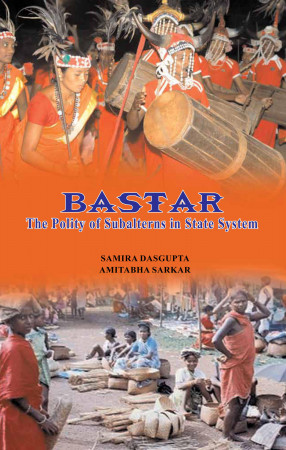
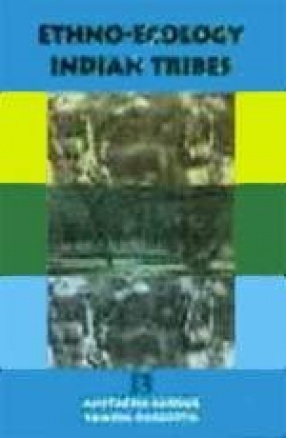
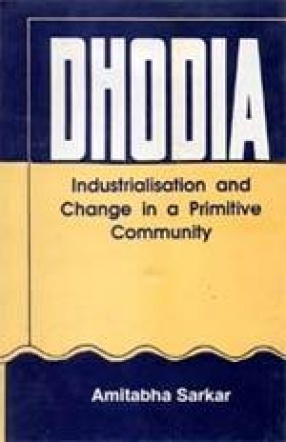


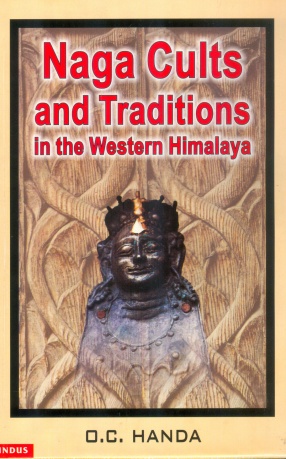
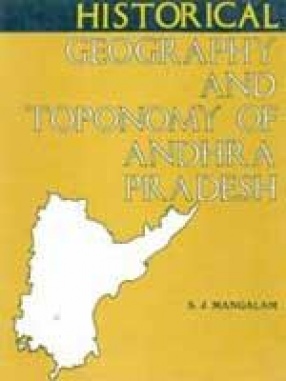
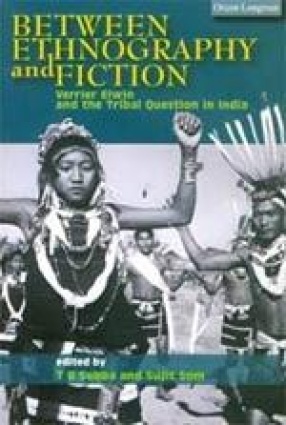

Bibliographic information
Amitabha Sarkar